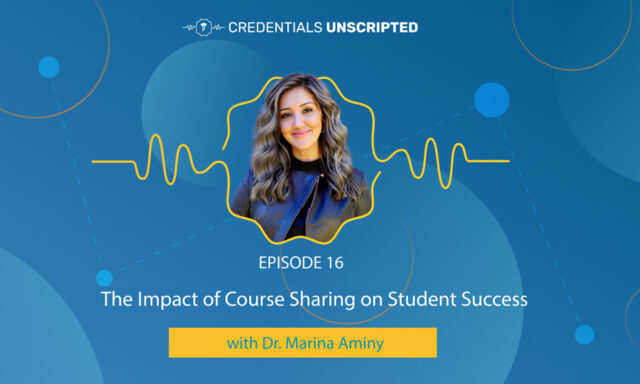Testing season is a time of stress and tough decisions for the students you’re counseling. One of the toughest decisions for the college-bound in your class is whether to take both the ACT and the SAT. Helping them answer that question can be more nuanced than you may think.
Two Tests, One Much Like the Other
Let’s start with basics for both tests. According to The College Board, which administers the SAT, the main test takes approximately 3 hours to complete with another 50 minutes allotted for the essay portion. Costs range from $43 for the main test to $54.50 for the essay version.
Additional fees apply for those who register by phone ($15), change their date or apply late ($28 each), or who show up the day of for a shot at a last-minute admission ($46)1. Plan well or you could end up paying a premium to take the SAT.
The ACT takes roughly as long to complete for both the main test (2 hours and 55 minutes) and the ACT Plus Writing (3 hours and 35 minutes)2. Costs to participate range from $39.50 for the main test to $56.50 for ACT Plus Writing. Additional fees for changes, phone registration and more are roughly in line with what The College Board charges for the SAT3.
Different Students, Different Strategies
Cost isn’t the only similarity between the ACT and the SAT. Functionally, they may as well be equivalent and college admissions officers tend to treat them as such. So is there ever a good reason for your students to take both tests?
Yes, it turns out. There are three scenarios where it may be a good idea to advise students to take both tests:
- Your student isn’t applying to an “all-scores” school. Just because your student takes both the SAT and the ACT doesn’t mean she automatically gets to throw away her lowest score. Some colleges require applicants submit all scores for all tests taken. Duke University is among the most stringent, requiring students to submit a “full testing record” that include results from SAT, ACT, and SAT Subject Exams, mini-tests designed to measure how well students understand certain disciplines. For example: Under Science, there are SAT Subject Exams for Biology, Chemistry and Physics4. Check to see what the schools your students are applying to require when it comes to standardized testing. If they’ll allow for only reporting the best scores, advise taking both the SAT and ACT. If not, use practice tests to help students determine which exam will lead to the best results.
- Your student is naturally a high achiever. Learning two tests isn’t easy, but if your student is the type who consistently strives for the best possible results than taking both the ACT and SAT can help establish a benchmark. Your student can then focus any re-testing on the exam that best suits her skills.
- Your student is applying to a highly competitive school. Some students aim for the very best schools. True, some, such as Yale and Stanford, are also “all scores” schools, but in the case of a high achiever this can actually work to their advantage. Good scores that improve with re-takes shows diligence and the sort of thirst for achievement top schools generally seek.
In most other cases, taking either the SAT or the ACT is enough, so don’t let your students stress out over the decision. After all, test scores are one of many criteria admissions deans consider. Grades, volunteer hours and demonstrated skills can matter just as much or even more.
SOURCING:
- https://collegereadiness.collegeboard.org/sat/register/fees
- http://blog.prepscholar.com/how-long-is-the-act
- http://www.studypoint.com/ed/act-registration-fees/
- https://collegereadiness.collegeboard.org/sat-subject-tests/subjects/science
There’s always more to learn.




